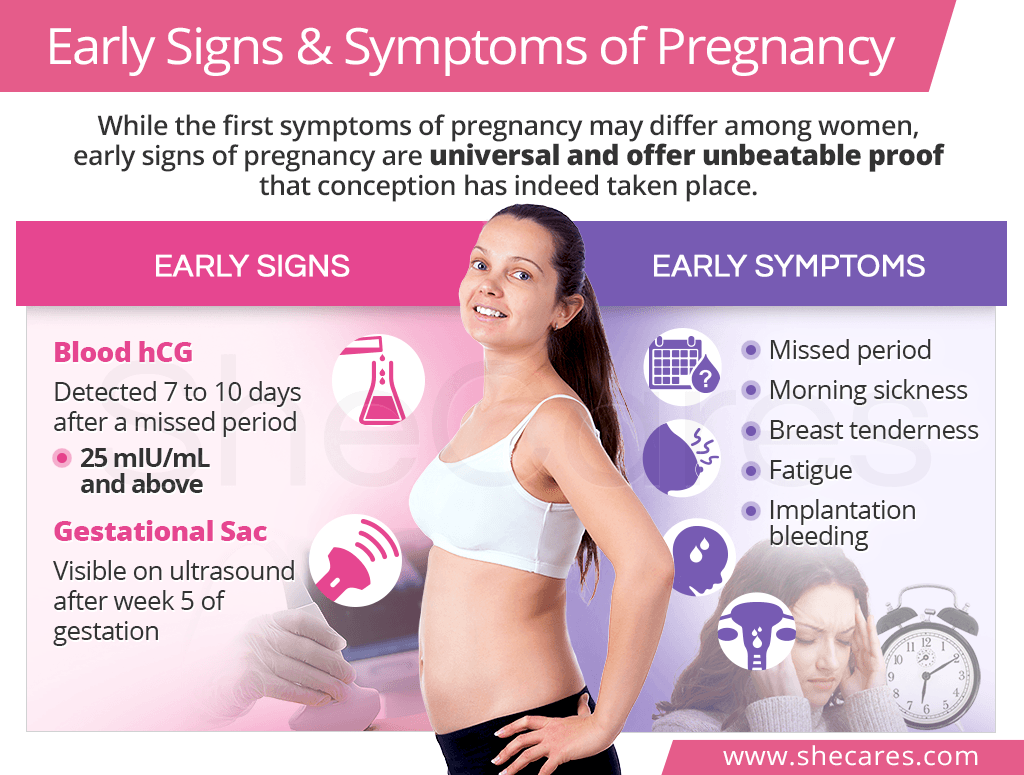
Signs and Symptoms of Pregnancy
Pregnancy is a remarkable journey that brings about a multitude of physical, emotional, and hormonal changes in a woman’s body. While every pregnancy is unique, there are certain signs and symptoms that are commonly experienced during this transformative period. Understanding these signs can help women recognize the possibility of pregnancy and seek appropriate medical care.
Early Signs and Symptoms (1-12 Weeks)
- Missed Period: One of the most common early signs of pregnancy is a missed menstrual period. However, it’s important to note that irregular periods or hormonal imbalances can also lead to missed periods.
- Breast Tenderness: Increased sensitivity, swelling, and tenderness in the breasts are common early symptoms.
- Fatigue: Extreme tiredness and exhaustion are often experienced during the first trimester.
- Nausea and Vomiting: Morning sickness, or nausea and vomiting, typically occurs between weeks 6 and 12 of pregnancy.
- Frequent Urination: Increased production of hormones can lead to more frequent trips to the bathroom.
- Mood Swings: Hormonal fluctuations can cause emotional instability and mood swings.
- Implantation Bleeding: Some women experience light spotting or bleeding around the time of implantation, which occurs about 10-14 days after conception.
- Food Cravings and Aversions: Changes in taste and smell can lead to unusual food cravings or aversions.
- Metallic Taste in Mouth: A metallic taste in the mouth is a common symptom during early pregnancy.
Middle Signs and Symptoms (13-28 Weeks)
- Enlarged Abdomen: As the baby grows, the uterus expands, causing the abdomen to become more noticeable.
- Fetal Movement: Around week 16-20, most women begin to feel the baby’s movements, known as quickening.
- Increased Blood Volume: Pregnancy leads to an increase in blood volume, which can cause shortness of breath and dizziness.
- Skin Changes: Darkening of the skin around the nipples (areolas) and a line down the abdomen (linea nigra) are common.
- Constipation: Hormonal changes can slow down digestion, leading to constipation.
- Hemorrhoids: Increased pressure on the veins in the rectum can cause hemorrhoids.
- Leg Cramps: Cramps in the legs and feet are common during pregnancy.
Late Signs and Symptoms (29-40 Weeks)
- Pelvic Pressure: As the baby descends into the pelvis, women may experience increased pressure in the pelvic area.
- Backache: The weight of the baby and the changes in posture can lead to back pain.
- Swelling in Hands and Feet: Fluid retention can cause swelling in the hands, feet, and ankles.
- Varicose Veins: Increased blood flow can cause varicose veins to develop in the legs.
- Increased Vaginal Discharge: A clear or milky vaginal discharge is normal during pregnancy.
- Braxton Hicks Contractions: These irregular contractions are a sign that the body is preparing for labor.
Other Signs and Symptoms
In addition to the common signs and symptoms, some women may experience less frequent or unusual symptoms, such as:
- Hyperemesis Gravidarum: Severe and persistent nausea and vomiting that requires medical intervention.
- Pica: Craving for non-food items, such as dirt or chalk.
- Gestational Diabetes: High blood sugar levels that develop during pregnancy.
- Preeclampsia: A serious condition characterized by high blood pressure and protein in the urine.
When to Seek Medical Care
If you suspect you may be pregnant, it’s important to schedule an appointment with your healthcare provider for confirmation. Early prenatal care is crucial for monitoring the health of both the mother and the baby.
Seek immediate medical attention if you experience any of the following symptoms:
- Severe abdominal pain
- Vaginal bleeding
- Fever or chills
- Persistent nausea and vomiting
- Difficulty breathing
- Blurred vision
- Severe headaches
Conclusion
Pregnancy is a transformative experience that can bring about a wide range of signs and symptoms. By understanding these signs, women can recognize the possibility of pregnancy and seek appropriate medical care. Early prenatal care is essential for ensuring a healthy pregnancy and a safe delivery. If you have any concerns or experience any unusual symptoms, do not hesitate to consult with your healthcare provider.